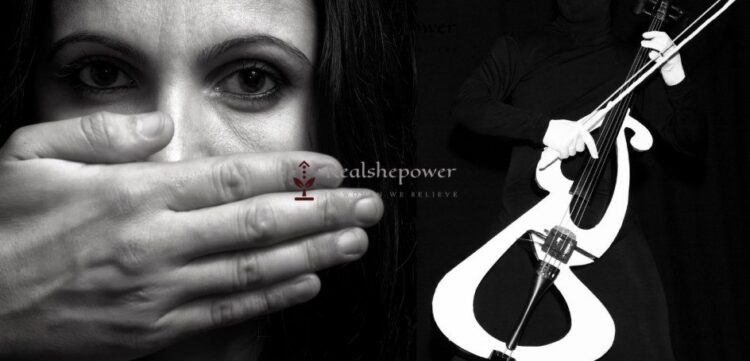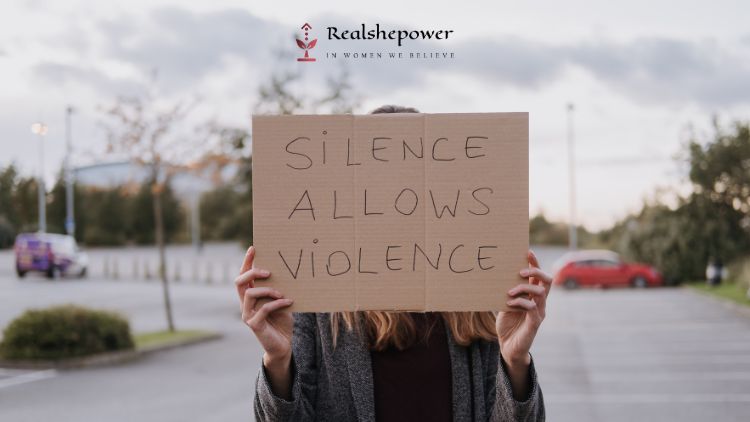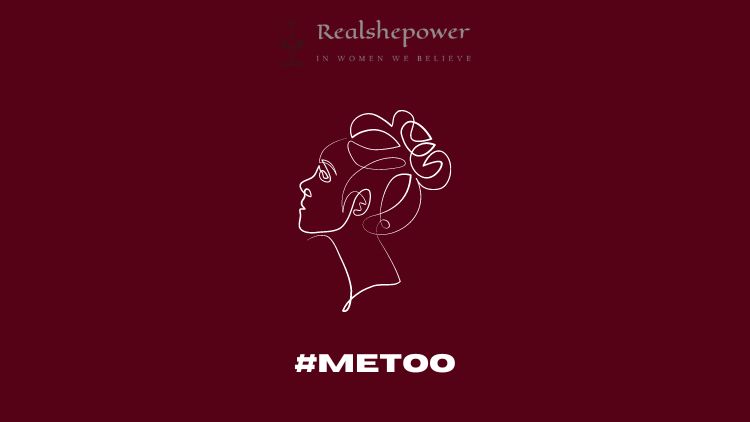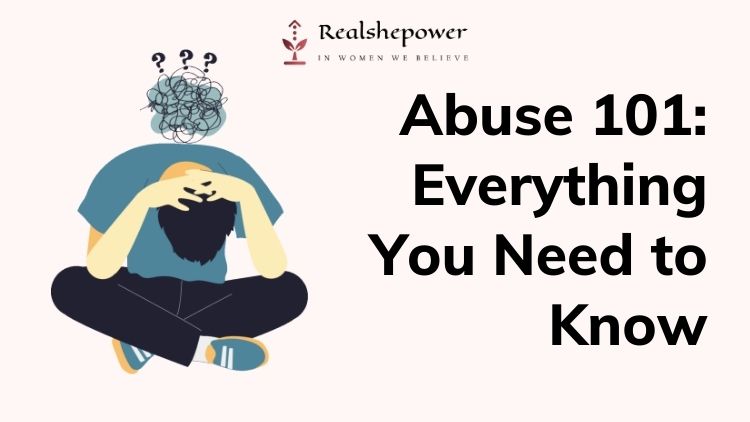Frequent encounters of sexism in Irish traditional music


Dr Úna Monaghan, a Belfast-based musician, carried out research into experiences of sexism in Irish traditional music while studying at Cambridge University in 2018 and 2019.
In the paper titled “121 Stories: the impact of gender on participation in Irish traditional music“, Dr Monaghan analysed the experiences of 83 Irish traditional musicians and singers.
Dr Monaghan’s research paper was recently published in the journal Ethnomusicology Ireland after being approved by the Cambridge University faculty of the music ethics committee
A number of respondents to Dr Monaghan’s research paper gave harrowing accounts of how they had encountered sexism in Irish traditional music.
This included female musicians having to listen to “sexual innuendo” from male musicians or being described as “fiery or a battle-axe or a handful” when they were assertive.
One musician talked about asking a tour manager for money for lunch.
“He took out a wad of cash, pulled out a few notes and then stuffed them into my bra – yes, my bra – in front of everyone,” she said.
“I was humiliated – humiliated and felt so degraded.”
Other respondents reported experiencing a “boys’ club,” “laddish behaviour,” or being made to feel uncomfortable during Irish music ‘sessions’.
Dr Monaghan’s paper reminds me of a BBC story: Women speak out over Scottish trad music scene ‘misogyny’
The article brought to light how young women within trad and folk music in Scotland had to face sexual abuse, harassment and misogyny. How women working in this field are calling for an end to “inappropriate behaviour” and sexism by men.
Glasgow musician and lecturer in traditional music Jenn Butterworth told BBC Scotland’s The Nine, “Everyone is fully aware these things are going on and women are speaking out in the hope it can finally change.”
Naomi Phol, the general secretary of the Musicians’ Union, says men have always wielded the power in the trad music scene.
She says: “You have got people who say they can make or break your career and they are holding a certain amount of power, either through being quite high profile or by working for a label or being a promoter or booker. The imbalance of power is quite off in music.“
Ms Phol further added women have been afraid to speak up but are now following the example of the #MeToo movement in which they expose sex abuse and harassment.
The world seems to be dominated by men irrespective of where you live, be it the west or the east, experiences of women are often forgotten. Even if articles are piled on the trauma and abuse young girls and women had to face, nothing changes. We still keep the hope alive that the time will come when such stories won’t see the day of light because taking advantage of women, abusing and extorting them would never be on any one’s mind. Far too utopian it seems, but hopes and dreams are what keeps us alive.
Till then, more power to all the women who are speaking up.
Northern Ireland Police Launch An Action Plan To Combat Violence Against Women

The Northern Ireland Police Service (PSNI) has released its first ever action plan aimed at reducing violence against women and girls. It pledges that the police will “relentlessly pursue perpetrators” and root out improper conduct among their ranks.
French Society “Remains Very Sexist” in All Spheres, Government Watchdog Reports; Calls for Emergency Plan to Combat Sexual Violence

According to an annual report from the High Council for Equality between Women and Men, French society “remains very sexist in all of its spheres” even after five years of the #MeToo movement.
What Is Abuse? Understanding the Types and Signs of Abuse for a Safer Tomorrow

Abuse is a serious issue that affects people of all ages, genders, and backgrounds. Whether it’s physical, emotional, sexual, financial, or verbal abuse, the impact on victims can be devastating.
